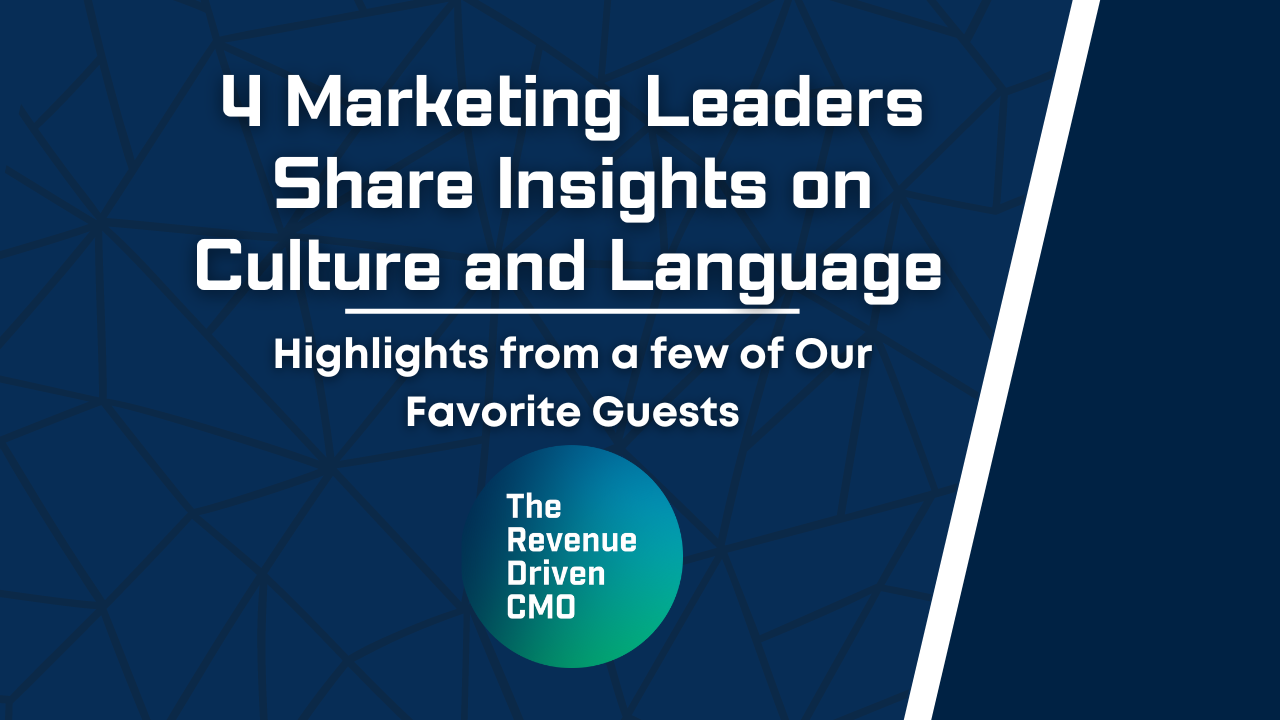
The Breakdown: CCPA Causes Drop in Ad Performance in California
This guide is only for CCPA informational purposes. This info is NOT legal advice. Work with legal and other professional counsel to determine how CCPA affects you.
Are you currently advertising online to California residents? If so, be careful!
In a similar vein to GDPR, the California Consumer Privacy Act (CCPA) is a law that gives consumers more control over the personal information that businesses are allowed to collect.
With laws and certain limits present in Facebook ads, measurement and tracking capabilities will not be available completely, meaning you may not actually receive reports on all the conversions you’re getting in California.
In anticipation of CCPA, we here at WebMechanix met with Facebook, and we spoke in-depth about exactly how CCPA impacts our clients. As of July 1st, conversion data from users in California is no longer reporting in Facebook.
To get this data, you have to hit “End transition period now” in the Facebook Events Manager. To do this, navigate to the Data Sources tab, select your event source, and then select Settings. From here, you’ll see something like the screenshot below. Select “End transition period now”, and then hit “Save” (you also have the option of waiting until October, in the meantime).

In a few different ways, we asked Facebook if we could simply just enable every single account, but their response was always the same: “We are not lawyers and cannot advise on that.” But what they did say is that, when it comes to CCPA, we should place as much of the responsibility on our clients as possible.
Here are a few things you should consider:
- Confirm that you are compliant with CCPA. If you are compliant, then on Facebook, you should toggle “ON” the use of full data by ending the transition period now.
- Consider the percent of conversions you get from California. If it’s 10% or higher, you might want to think about breaking the state out as its own campaign, and optimizing toward something that is Facebook’s data and avoiding pixel data (e.g., use link clicks instead of conversions). Without doing this, conversion-focused campaigns will soon begin optimizing away from California, as a result of poor cost-per-acquisition caused by CCPA-protected data. You can use Google Analytics — which is (to the best of our knowledge), currently unaffected by CCPA — to measure performance.
- If the Facebook data is important for you (which it should be, for anyone who has significant business in California), make sure that you end the transition.
If you are currently NOT marketing in California, then this shouldn’t apply to you.
WebMechanix highly recommends running an analysis that compares your campaign performance in California against the performance of the rest of your geotargeting. If you’ve not yet taken action, you may see similar results as the below account. This doesn’t necessarily mean conversions have not taken place, but it does mean they are not being reported. Consequently, automated bid strategies focused on conversions will automatically optimize away from California.

In the chart above, what we’ve done is break out California’s conversions day-by-day. Notice how the conversions drop to zero after Facebook’s implementation of CCPA.
Different analytics platforms handle CCPA differently, of course. Google Analytics is doing everything on its own — putting the onus on the developer to handle proper tracking and reporting. The ad platforms likely have more automatic exclusions, if a certain setting is checked.
CCPA will apply to businesses around the world, if they exceed one of the following three thresholds:
- have annual gross revenues of $25 million;
- annually buy, sell, receive or share the personal information of 50,000 or more consumers, households or devices for commercial purposes;
- derive 50% or more of their annual revenues from selling consumers’ personal information.
Under CCPA, any transfer of “data” is considered a “sale”. Monetary exchange does not need to occur, in order to classify the transfer as a sale; however, the above-listed CCPA policies enacted by Facebook affect all the ad accounts marketing in California, regardless of size.
Further Reading:
Practitioners’ Corner: Third-Party Cookies in a Post-CCPA World
Most newsletters suck...
So while we technically have to call this a daily newsletter so people know what it is, it's anything but.
You won't find any 'industry standards' or 'guru best practices' here - only the real stuff that actually moves the needle.






